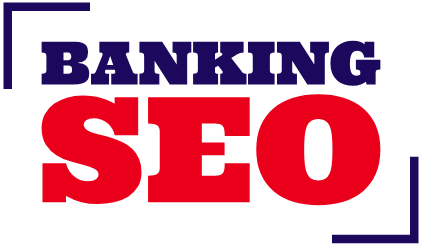Keyword Research And Strategy
Contact us
Understanding Keyword Research and Strategy
Keyword research and strategy form the foundation of any effective SEO campaign. It is the process of identifying the specific words and phrases that people use when searching for products, services, or information related to your business. In essence, keyword research connects your audience’s needs to your website’s content. By understanding what users are searching for, how often they search, and what kind of results they expect, businesses can craft strategies that align perfectly with user intent. This ensures that your website attracts the right audience and ranks for terms that drive meaningful traffic.

A solid keyword strategy goes beyond simply finding popular search terms. It involves analyzing competition levels, search volume, and the relevance of each keyword to your business goals. The aim is to find a balanced mix of high-volume keywords for visibility and long-tail keywords for targeted engagement. When properly executed, keyword research guides every other aspect of SEO—from content creation and on-page optimization to link building and conversion tracking—making it one of the most critical steps in digital marketing success.
Aligning Keywords with User Intent
One of the most important aspects of keyword strategy is understanding user intent. Every search query falls into one of several categories: informational (seeking knowledge), navigational (finding a specific website), or transactional (ready to take action). By identifying which type of intent is behind a keyword, you can create content that matches what users are looking for. For example, someone searching “how to get a business loan” is in the informational stage, while “apply for a business loan online” indicates a transactional intent.

Mapping content to user intent ensures that visitors find exactly what they need when they land on your site. This not only improves user satisfaction but also signals to search engines that your website provides relevant and valuable information. Incorporating intent-driven keywords into your site structure—through landing pages, blogs, FAQs, and service pages—creates a comprehensive and user-friendly experience that boosts visibility and conversions.
Grow Trust and Clients With Every Search
Building a Comprehensive Keyword Framework
A successful keyword strategy involves grouping related keywords into themes or clusters that reflect your products, services, and audience interests. This is known as keyword clustering and it helps create a logical content hierarchy on your website. For instance, if your business offers digital marketing services, you might have clusters around “SEO services,” “social media marketing,” and “content marketing,” each with supporting subtopics. This structure improves internal linking and helps search engines understand your website’s topical relevance.

In addition to clustering, it’s crucial to target keywords across different funnel stages—awareness, consideration, and conversion. Awareness keywords attract new visitors, consideration keywords engage those comparing options, and conversion keywords drive sales or inquiries. By balancing these keyword types, your website can reach users throughout their entire buying journey. Utilizing keyword tools like Google Keyword Planner, Ahrefs, or SEMrush ensures your strategy is backed by accurate data and competitive insights.
Tracking, Analyzing, and Refining Your Strategy
Keyword research is not a one-time task—it’s a continuous process that evolves with trends, competition, and audience behavior. Regularly monitoring keyword performance helps you identify which terms are driving traffic, which are losing traction, and where new opportunities lie. As search engines update their algorithms and new topics emerge, your keyword strategy should adapt accordingly. This flexibility ensures your website remains relevant and continues to attract qualified visitors.

Analyzing data through tools like Google Search Console or analytics dashboards allows you to measure rankings, impressions, and click-through rates. These insights help refine your content, optimize underperforming pages, and identify new keyword gaps to fill. Over time, a well-maintained keyword strategy enhances your site’s authority, builds consistent traffic, and strengthens your overall digital presence.https://ahrefs.com/blog/keyword-research/
Testimonials





